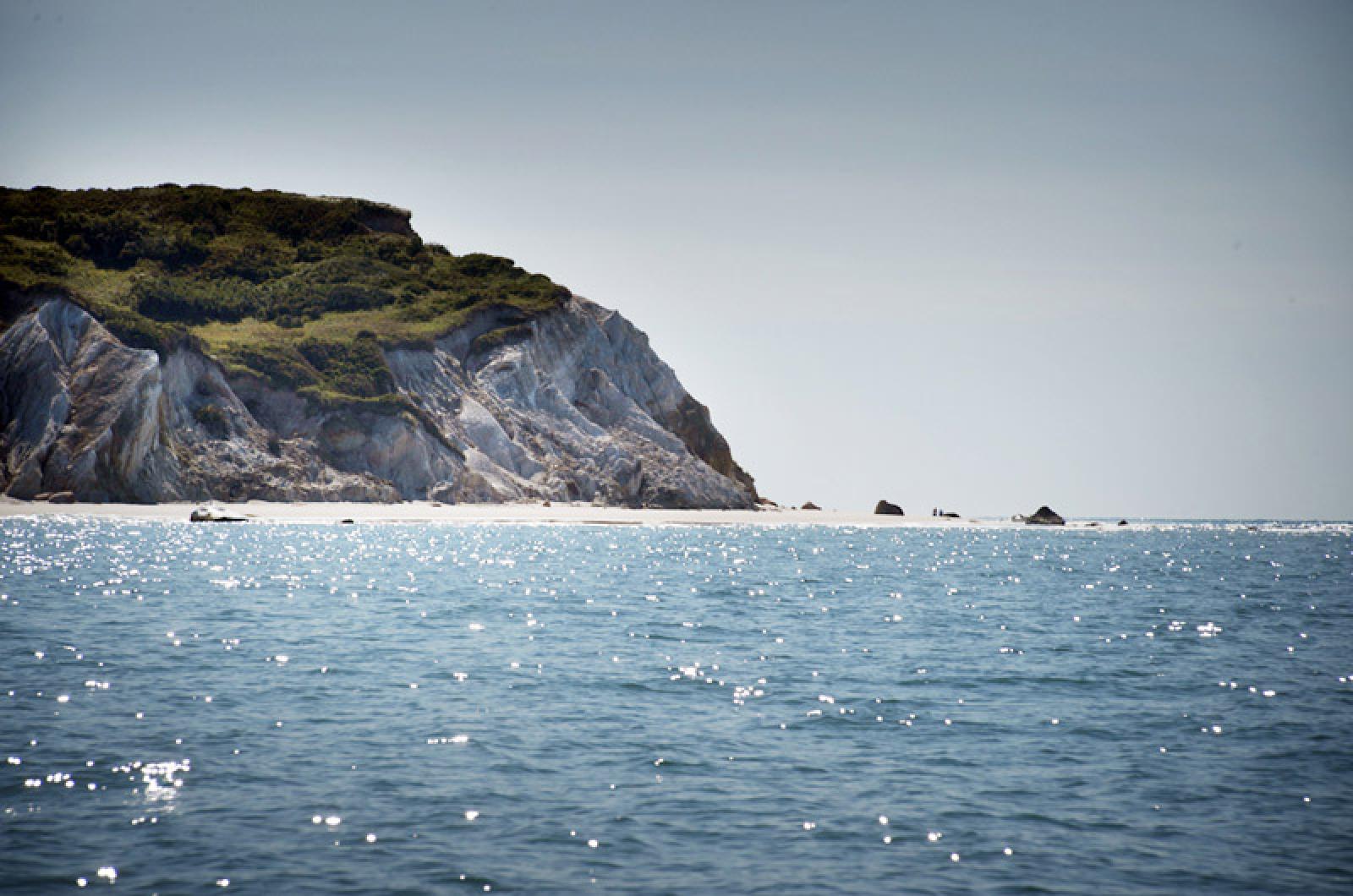The Aquinnah tribe has gained an ally in its legal effort to establish gambling on the western tip of the Island — the U.S. Department of Justice, which filed a friend-of-the-court brief supporting the tribe’s appeal.
The Wampanoag Tribe of Gay Head (Aquinnah) has appealed federal Judge F. Dennis Saylor 4th’s Nov. 13 rejection of the tribe’s gambling bid to the U.S. Court of Appeals for the 1st Circuit.
Lawyers for the tribe and the Justice Department recently filed briefs with the appellate court, arguing that Judge Saylor erred when he ruled that the tribe does not have the right to conduct Class II gambling (electronic bingo) under the 1988 Indian Gaming Rights Act (IGRA).
Instead, Judge Saylor said the tribe must submit to local and state regulations under the Massachusetts Settlement Act, endorsed by Congress in 1987. The state, the town of Aquinnah and a community group have cited the settlement act in their opposition to the tribe’s effort to site a bingo parlor in its 6,500-square-foot unfinished and unused community center.
In its brief filed June 3, the Justice Department argued that the tribe has the right to gaming under IGRA, in part because it trumps the settlement act’s provisions subjecting the tribe to state and local restrictions.
Among other things, the brief cited a Department of Interior opinion that “IGRA impliedly repealed those portions of the Settlement Act providing for state and local regulation of gaming.”
In his decision, Judge Saylor also ruled that the tribe does not exercise sufficient governmental power over its own land to qualify for gaming under IGRA. The government’s brief argues otherwise, saying Saylor’s “onerous standard would significantly undermine IGRA’s purpose of promoting tribal economic development, self sufficiency and strong tribal governments.”
The tribe filed its own brief on May 28, also arguing that IGRA preempts the settlement act and that the tribe exerts sufficient governmental power. It added that the National Indian Gaming Commission, a federal regulatory agency within the Department of Interior, should have been a party in the case before Judge Saylor.
The tribe’s attorney, Scott D. Crowell, did not respond to a request seeking comment this week.
Ronald H. Rappaport, Aquinnah town counsel, said the Justice Department filing “doesn’t add to the arguments already advanced by federal agencies, which were considered and rejected by Judge Saylor.” The town, the state and the Aquinnah/Gay Head Community Association are now scheduled to file their own responses with the appellate court.
Meanwhile, in January, tribal leaders voted to remove the community center from the jurisdiction of its gambling subsidiary and authorize completion of the building for its original purpose. Tribal chairman Tobias Vanderhoop said at the time that the decision would not affect the tribe’s legal effort to assert its gaming rights.
The tribe faces the prospect of refunding up to $1.1 million in Housing and Urban Development grants if the community center is not completed for its original purpose.




Comments (2)
Comments
Comment policy »